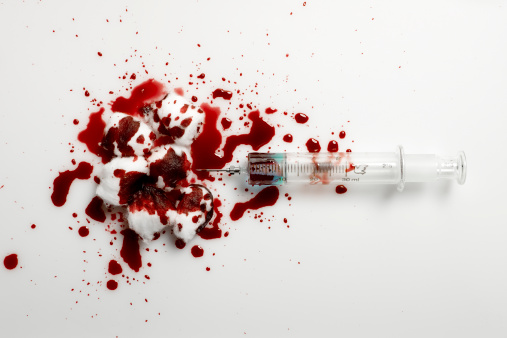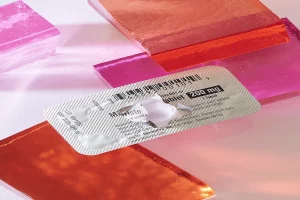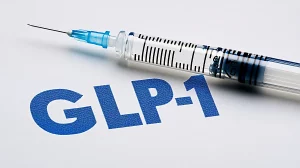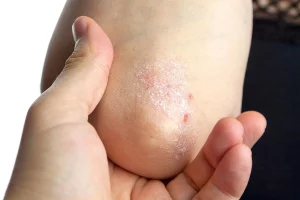So maybe all those mortal vampire stories weren’t that far off the mark. Looks like you were on to something, Elizabeth Bathory.
Some recent studies discovered that giving older mice infusions of blood from their younger mousy counterparts actually reversed some of the age-related declines they had experienced in brain function, muscle strength, and stamina. There seems to be one special chemical in the blood that allows the processes of the rejuvenating changes to take place, and scientists are thinking that it might work for the human variety of animal as well. They are planning to conduct a clinical trial on human subjects within the next few years.
The scientific evidence behind this potentially-groundbreaking discovery seems pretty strong because three different studies were conducting the trial at the same time and all found similar results. The testing itself sounds a little gruesome… old and young mice were, ahem, sliced open and then conjoined so that they were sharing a blood supply. They found that the brain function of the older mice improved and got stronger, and their neural connections started behaving like the neural connections in much younger, healthier mice. To further test this result, the researchers injected blood plasma from young mice into older mice and the findings repeated themselves. The older mice started navigating those mazes like they were kids again and their names were Copernicus. Scientists also noticed an increase in the subjects’ ability to smell, a surge in their levels of strength, and a boost in the amount of natural stem cells being produced in their bodies.
Scientists are confident that this could work similarly in humans because the blood protein that seems to be the trigger for turning back the clock (GDF11) is present in human blood as well. As far as degenerative aging diseases like Alzheimer’s go, this could be an enormous breakthrough if it works out as planned. However, it also brings up questions about the fine line between combating life-altering medical conditions like Parkinson’s and Alzheimer’s and dealing with the normal aging process that all humans must go through eventually. Not to mention the big can of questions of morality and ethics this potential procedure opens. Will everyone have access to this option, or just the people who can afford what will more than likely be a very expensive procedure?
And perhaps the biggest question:
Where exactly are we going to get all this fresh young blood?

















